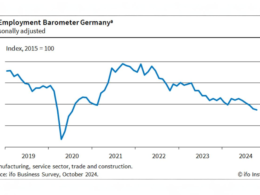More than 3,500 current and former employees of British fashion retailer Next have won an equal pay case, marking the first successful claim of its kind against a major national retailer. After a six-year legal battle, the Employment Tribunal ruled that Next failed to justify paying its predominantly female sales consultants lower hourly wages than their male-dominated warehouse counterparts—a decision that could cost the company over £30 million ($39 million) in compensation.
The tribunal’s ruling was based on Next’s inability to provide a legitimate, non-discriminatory reason for the pay disparity. Sales consultants, who have been earning between £0.40 ($0.53) to £3 ($3.97) less per hour than warehouse operatives, are now entitled to back pay covering up to six years, with an verage loss of more than £6,000 ($7,932) per claimant.
Beyond the compensation, the ruling requires Next to equalise pay rates in existing contracts and extend additional benefits, such as paid rest breaks and equal Sunday, night, and overtime premiums, to the affected sales staff.
This landmark victory is likely to encourage similar equal pay claims, particularly from over 100,000 supermarket workers represented by Leigh Day, the law firm that successfully argued the case against Next. Leigh Day’s legal team asserts that the ruling sends a powerful message to employers across the retail sector that relying solely on market rates is not sufficient to justify gender pay disparities.
Elizabeth George, a partner at Leigh Day who represented the claimants, praised the decision as a significant milestone in the fight against pay discrimination, highlighting that the tribunal found Next’s financial rationale for the pay gap unacceptable.
As a result of this judgment, Next may face a wave of similar claims, as Leigh Day continues to submit cases on behalf of other sales consultants. The outcome underscores the critical importance of equal pay legislation and sets a key precedent for the retail industry.






















